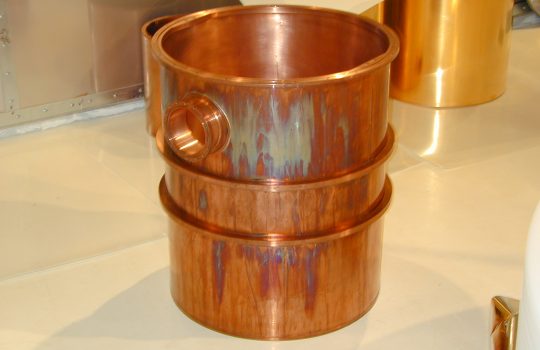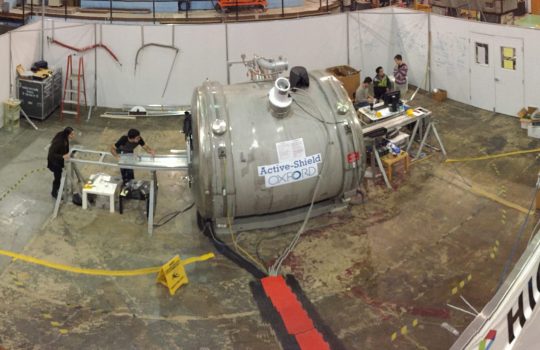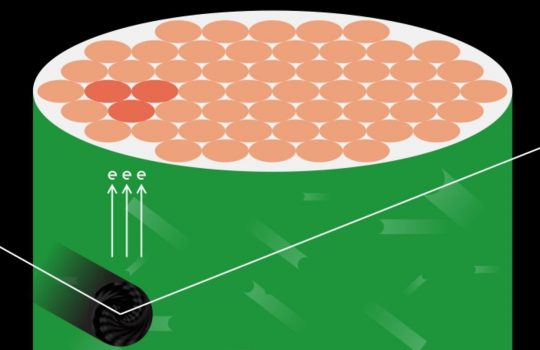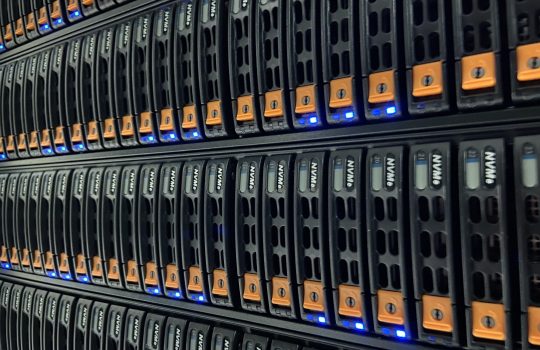Javier Tiffenberg, el argentino que ganó el Oscar de las ciencias por investigar el lado oscuro del Universo
From Clarin, Oct. 29, 2020: Cuando era chico, Javier Tiffenberg exploraba las profundidades de los océanos a bordo del Calypso. Si quería ir más lejos, cerraba la escotilla de una nave espacial y se lanzaba a recorrer galaxias brumosas. Sólo era cuestión de sumergirse en El mundo submarino, de Jacques Cousteau, o de sintonizar Cosmos, de Carl Sagan.





